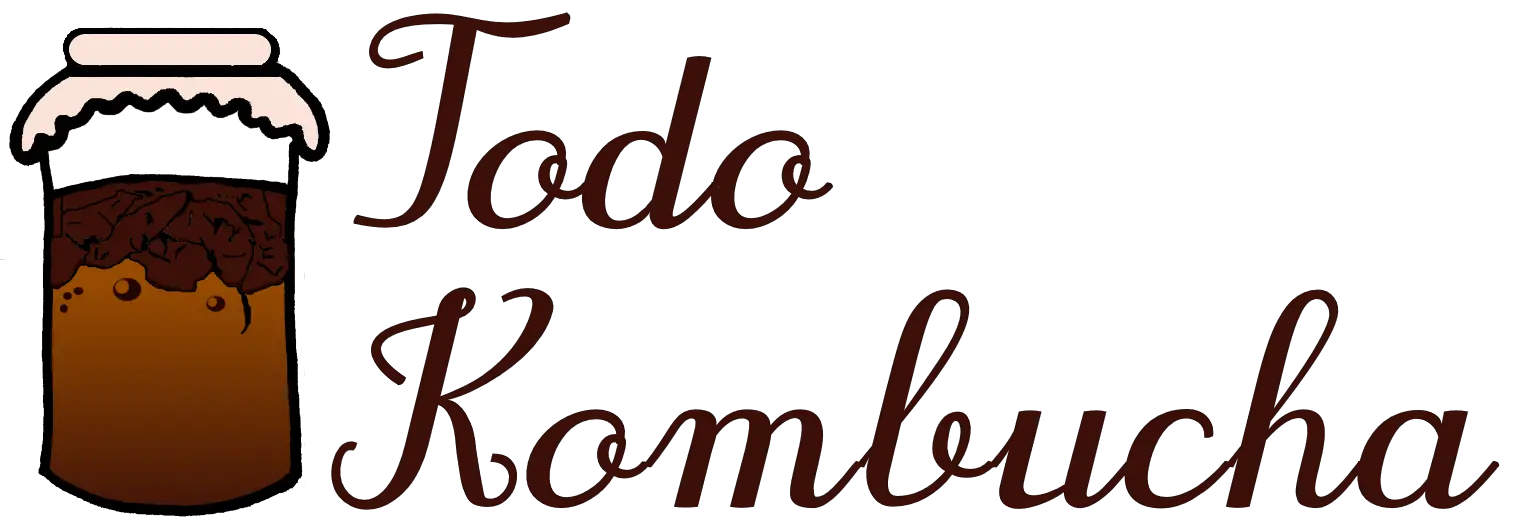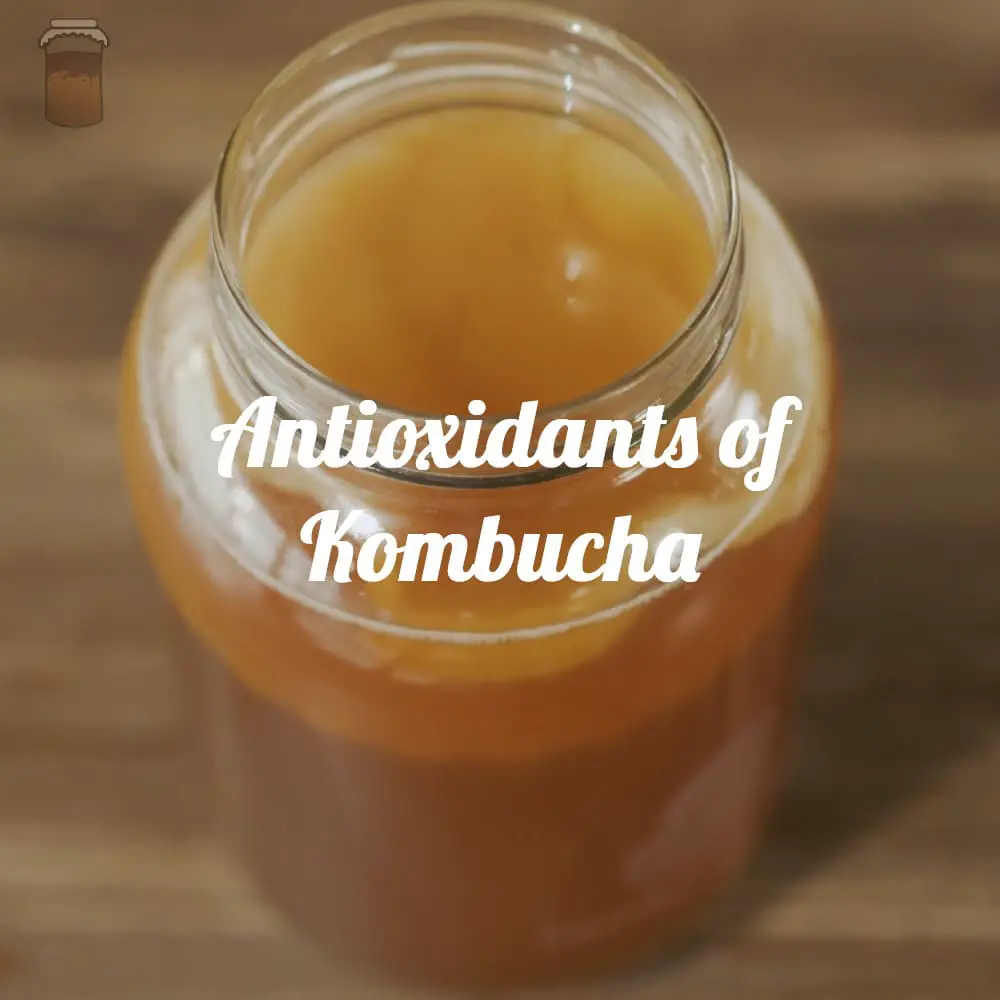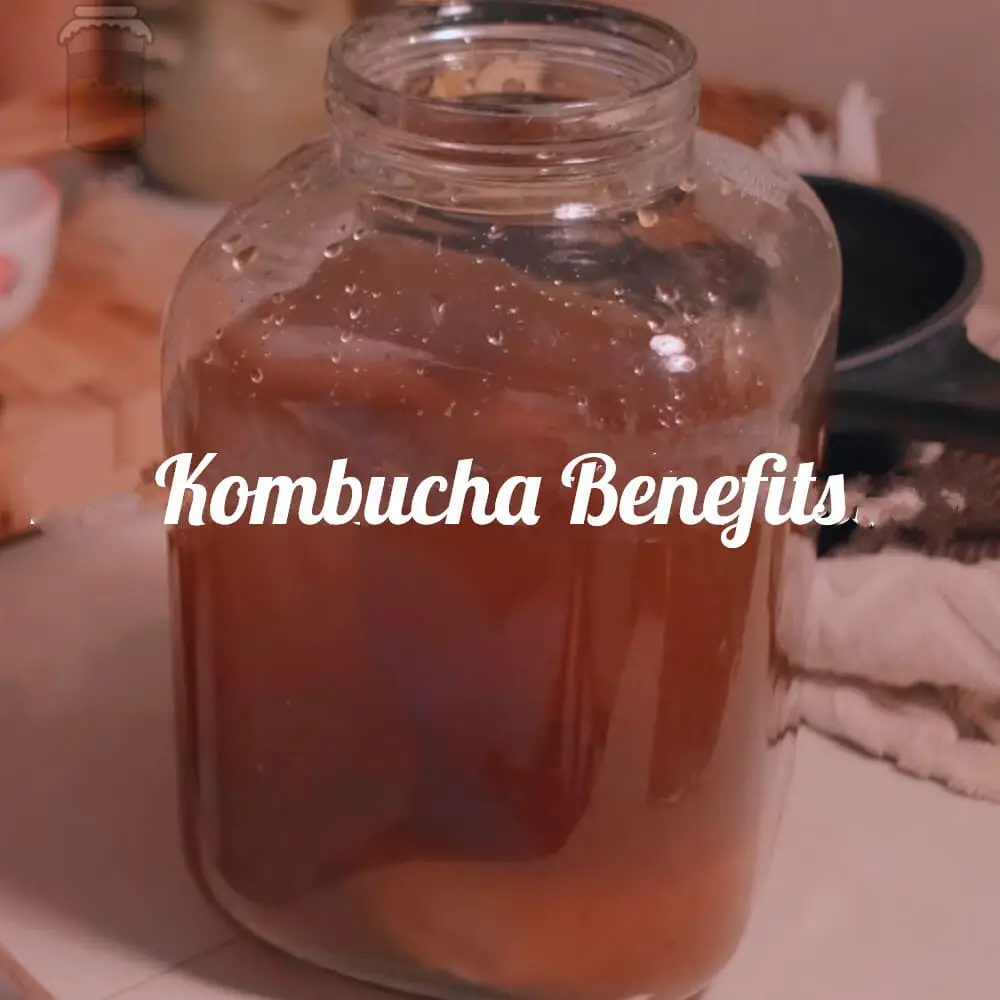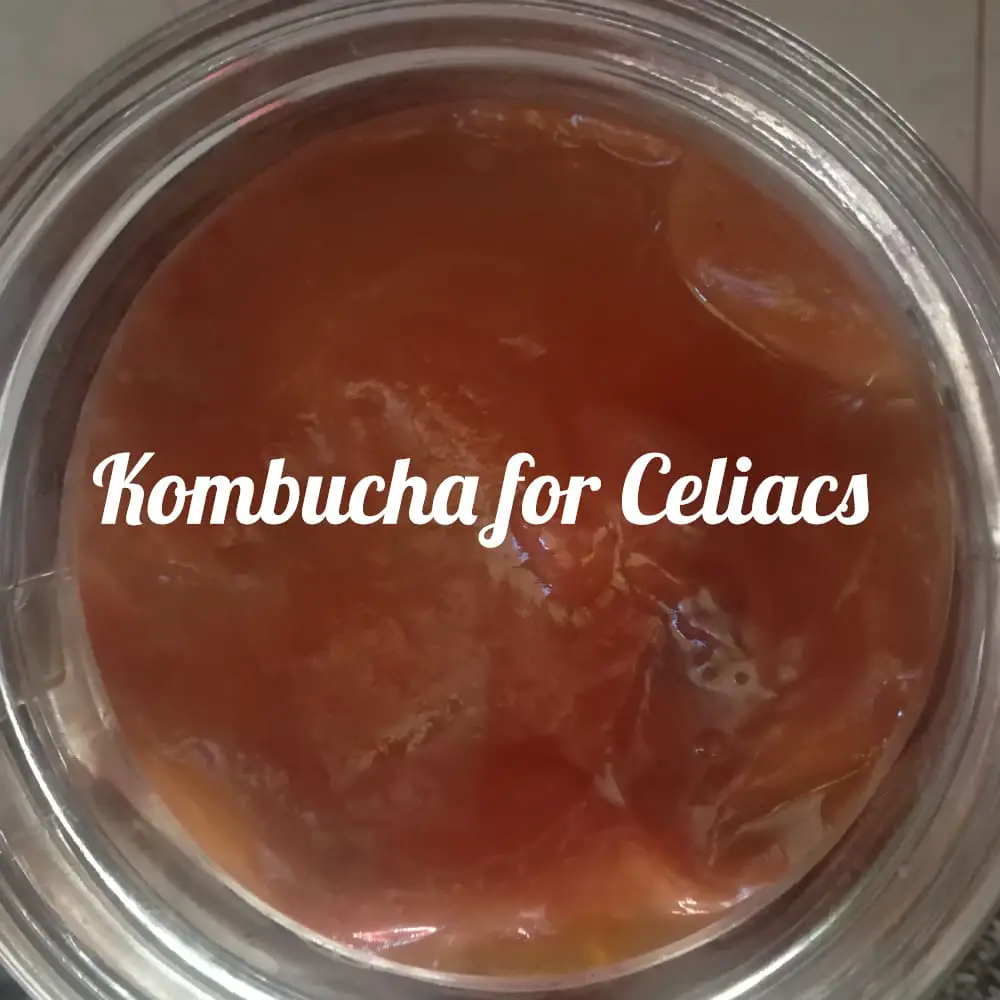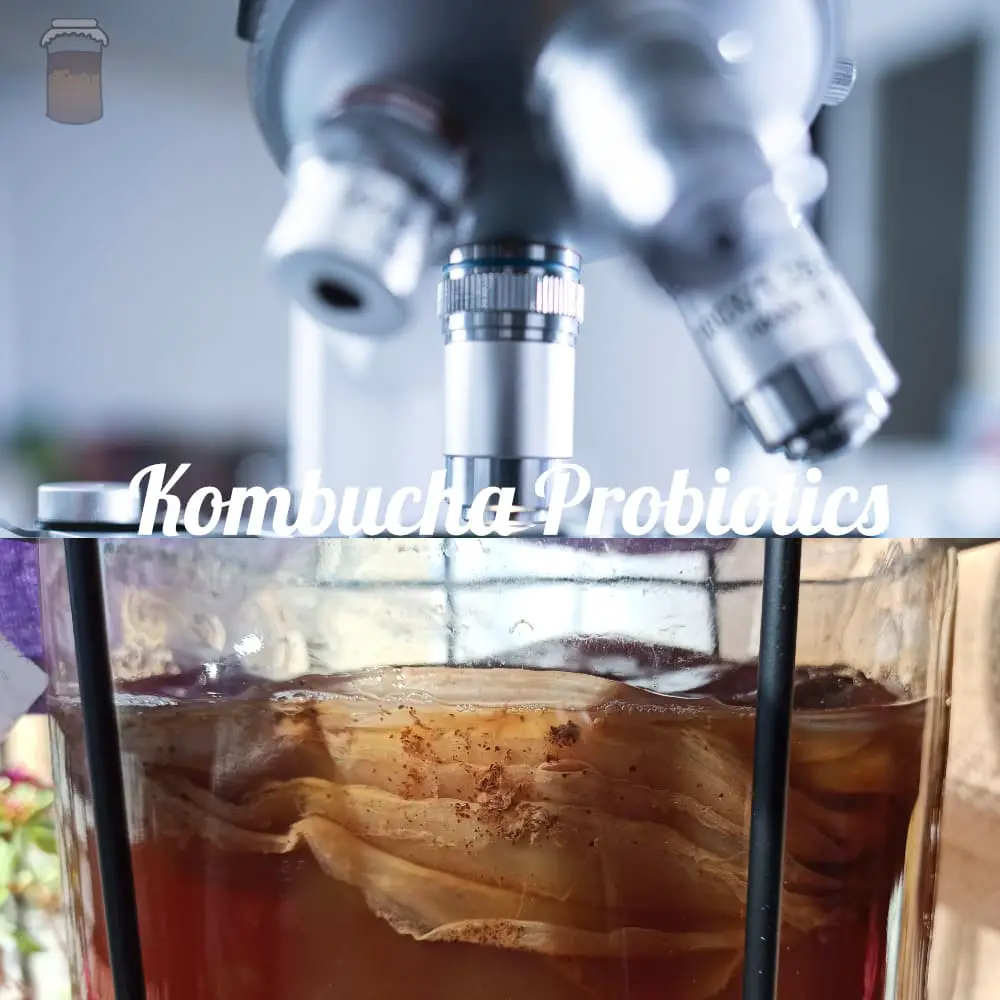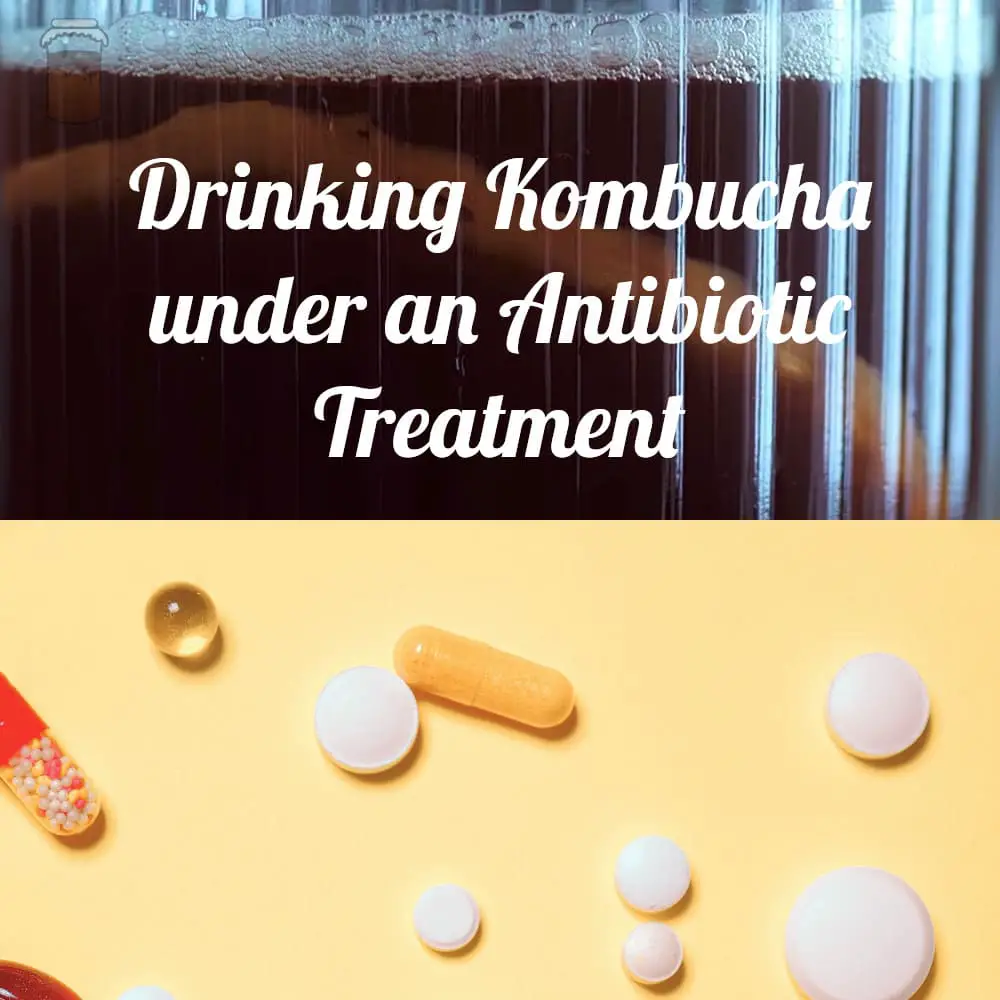
It is widespread knowledge that using antibiotics to fight diseases can have specific side effects on our body, and as a good kombucha lover, you can question its intake, which leads us to this article that we have created especially to solve your doubts.
Is it possible to take kombucha under an antibiotic treatment? There is no scientific prohibition on consuming kombucha during an antibiotic medication as long as it is not in the same window of time since probiotics can significantly help mitigate the damage to the intestinal flora that is generated as a side effect of the use of antibiotics.
Now that you know this, we will explain in detail how this situation of antibiotics with kombucha is based.
Does kombucha help in an antibiotic treatment?
Yes, the intake of kombucha can have a positive impact when you are under a course of antibiotics, and even this is not only something of kombucha but of any other food that contains probiotics since there are studies that support the consumption of probiotics to prevent diarrhea in children due to the use of antibiotics, For example. [1] [2]
Then foods like kombucha, kefir, kimchi, and other fermented foods are good and will help decrease possible side effects. In particular, it is estimated that the most effective probiotics, at least against diarrhea, are the so-called Lactobacilli and Saccharomyce. Kefir has a large amount of lactobacillus, and kombucha has Saccharomyces. [3]
What happens when you drink kombucha under an antibiotic treatment?
Without going into medical details, that is not our matter of expertise; it all starts with the operation of antibiotics themselves since antibiotics fight those bacteria that are harming us.
The problem is that the antibiotic is not so intelligent as to recognize a good bacterium from a bad one present in the microbiome of our flora, increasing the chances of causing imbalances since, regardless of the effectiveness of the antibiotic, good bacteria are compromised.
In simple terms, it’s as if the antibiotic is destroying all the bacteria in its path, exaggerating things a bit.
So what kombucha does is reincorporate those probiotics (good bacteria) that antibiotics may destroy or affect due to the use of antibiotics.
For this reason, the consumption of probiotics has been generalized together with a treatment of antibiotics to simultaneously readjust the imbalances that may occur due to the treatment. Moreover, many doctors recommend this practice.
In addition, there are studies that certain probiotics contained in kombucha, particularly Pediococcus, are resistant to the action of a wide range of antibiotics in the market. [4]
Can kombucha interfere with antibiotics?
While no scientific studies are related to this question, we must apply common sense to all our information.
We already told you that antibiotics basically kill bacteria, so if you take, for example, amoxicillin and then take a small glass of kombucha, the probiotics contained in kombucha will most likely be partially destroyed by amoxicillin, but in addition, they will interfere with the effectiveness of amoxicillin itself.
It is like working for an important event, and your colleagues bring you information that can be very important but that will distract you from the priority functions you are performing given this great event.
Then the key is the moment you consume kombucha or another fermented food because if you consume any probiotic while taking an antibiotic, the latter’s action will be compromised.
When can I take kombucha in an antibiotic treatment?
We must consider what we have learned in the previous paragraphs to answer this question.
We’ve already shown you how antibiotics work and the studies that support using fermented foods to replenish potential imbalances in the gut microbiome. Therefore, after finishing the treatment, it is recommended to consume kombucha.
But what happens during the treatment? Again, the logic remains the same; you must avoid interfering with the functioning of antibiotics.
Therefore, you can consume kombucha with antibiotics if both are not consumed simultaneously. Wait until the antibiotics have been fully metabolized to consume any probiotic, including those in kombucha, efficiently.
If you took a dose of antibiotics in the morning, wait until lunch or noon to safely consume your rich kombucha, knowing they are not interfering with the treatment.
Does kombucha contain or is it an antibiotic?
Kombucha has been shown in laboratory (in vitro) tests to inhibit the growth of several bacteria that are considered pathogenic, and this is known as one of the antimicrobial properties of kombucha. [5]
Bacteria, in general, are in a constant struggle for survival and, therefore, compete for the colonization of places to live, and acetic acid is responsible for this inhibitory effect since it generates an uncomfortable environment for certain types of pathogenic bacteria.
For this reason, kombucha is attributed an antibiotic activity, but it is far from a drug’s functioning; therefore, kombucha cannot replace an antibiotic treatment, although it has properties.
What is the best time to take probiotics?
In this scenario of antibiotic treatment, the best time to consume probiotics is from day one of your treatment and continue your intake once the treatment has been completed, which is logical based on the previous information we have provided.
It is recommended to start with the treatment of antibiotics and, after a couple of hours, consume supplements or natural probiotics so as not to interfere with the work of antibiotics and to prevent probiotics from being destroyed shortly after being consumed. I have an article about when you should drink kombucha, in general.
In addition, and speaking particularly of kombucha, you should remember that it has a tiny percentage of alcohol. It is widespread knowledge that mixing alcohol with antibiotics should not be done under any circumstances. (check the alcohol content in kombucha here)
There is one thing that you must be clear about, although, in your intestinal flora, there are a lot of bacteria that the action of antibiotics can destroy, it is also essential to keep the “good bacteria” healthy. For this, you must consume foods rich in fiber and prebiotics.
I hope you have this article about the consumption of kombucha under a course of antibiotics; you are cordially invited to continue investigating, especially the benefits of kombucha and fermented foods.
References
[1] https://pubmed.ncbi.nlm.nih.gov/26756877/
[2] https://www.ncbi.nlm.nih.gov/pmc/articles/PMC4273129/
[3] https://onlinelibrary.wiley.com/doi/abs/10.1111/1471-0307.12664
